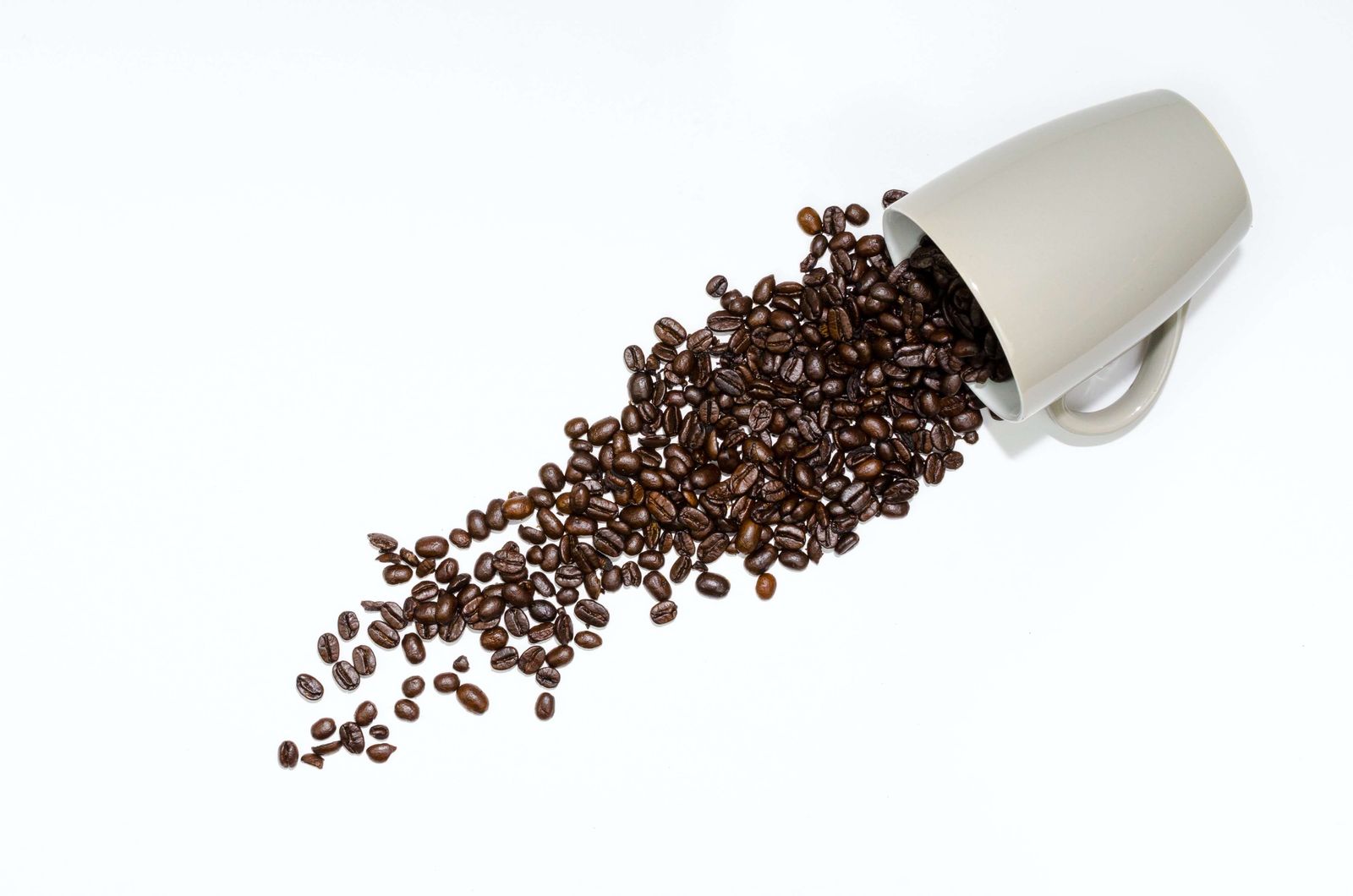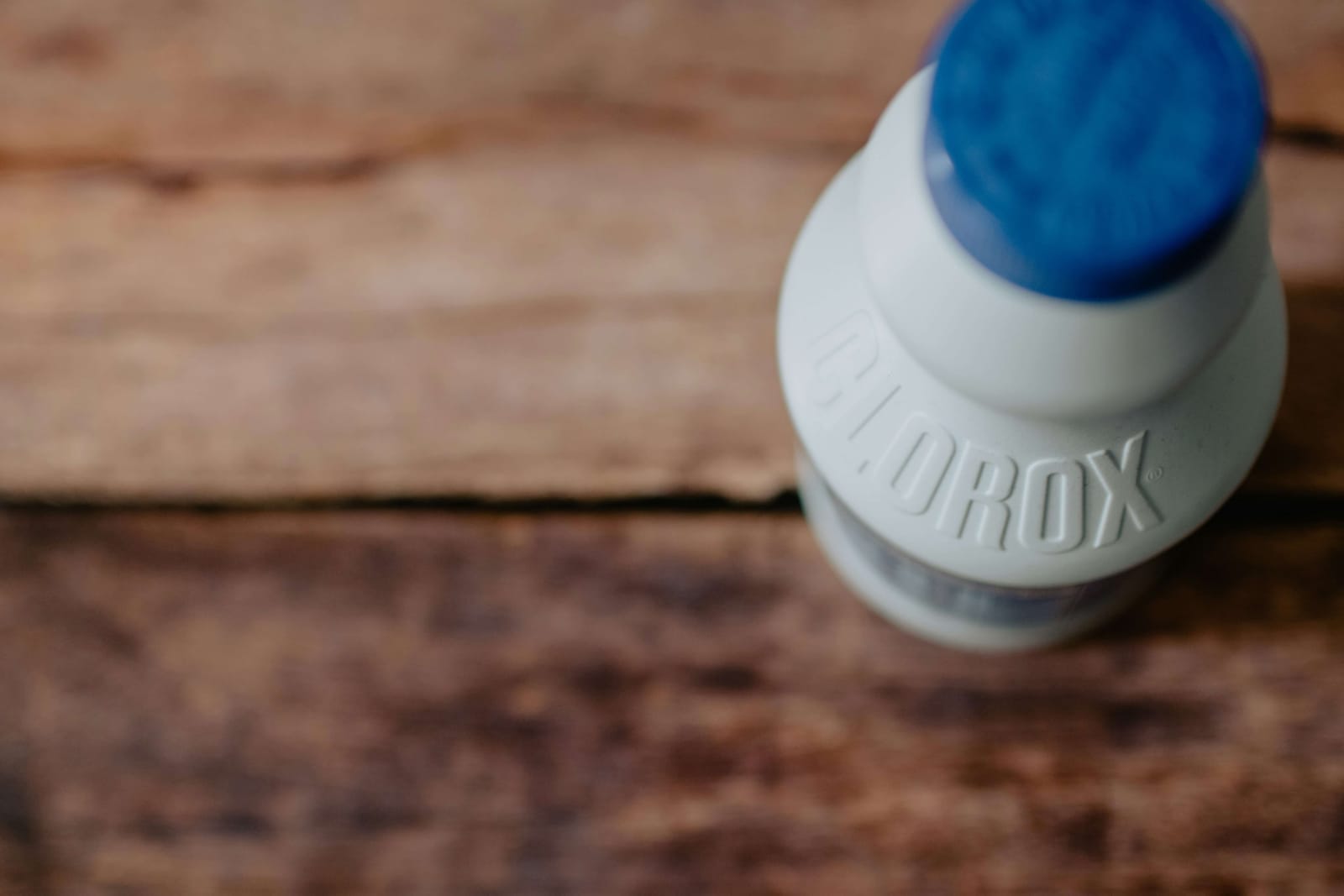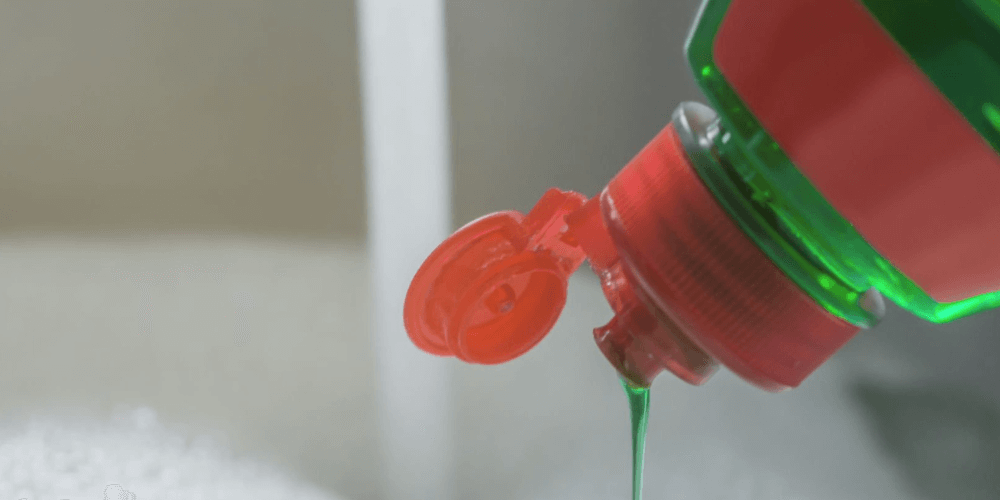Coffee is more than just a beverage; it's a science. How we store our coffee beans can significantly impact their freshness and flavor.
This article will delve into the science of coffee storage, providing you with the knowledge to keep your beans at their best. We'll explore the enemies of coffee freshness, temperature and humidity, the importance of airtight containers, and the effects of time and roasting on coffee quality.
In This Article
- The Enemies of Coffee Freshness: Air, Moisture, Heat, and Light
- The Role of Temperature in Coffee Storage
- The Impact of Humidity on Coffee Storage
- The Importance of Airtight Containers
- The Effect of Time on Coffee Freshness
- The Role of Roasting in Coffee Freshness
- The Impact of Oxygen on Coffee Quality
- The Importance of Storing Coffee in a Cool, Dry Place
- Conclusion: The Science Behind Keeping Your Beans Fresh & Flavorful
- FAQs
- Further Reading
The Enemies of Coffee Freshness: Air, Moisture, Heat, and Light
Coffee beans are delicate; their enemies are air, moisture, heat, and light. Exposure to these elements can lead to the beans losing their freshness and flavor. For instance, when coffee beans are exposed to air, they start to oxidize, a process that can lead to a stale taste. Oxidation is a chemical reaction that occurs when the oils in coffee beans react with the oxygen in the air, resulting in a loss of flavor compounds.
Similarly, moisture can cause the beans to mold. When coffee beans come into contact with water, it can create a conducive environment for mold and bacteria to grow, which can ruin the beans. Moreover, moisture can also cause the beans to clump together, making them difficult to grind and brew.
Heat is another enemy of coffee freshness. High temperatures can accelerate the aging process of coffee beans, causing them to lose their flavor faster. This is because heat can cause the volatile compounds in coffee beans, which contribute to their aroma and flavor, to evaporate.
Lastly, light, particularly sunlight, can also degrade the quality of the beans. Similar to heat, light can cause the volatile compounds in coffee beans to break down, leading to a loss of flavor.
The Role of Temperature in Coffee Storage
Temperature plays a crucial role in coffee storage. As mentioned earlier, heat can accelerate the aging process of coffee beans, leading to a loss of freshness and flavor. But what is the optimal temperature for coffee storage?
Research suggests that the best temperature to store coffee beans is at room temperature, which is typically around 20 to 25 degrees Celsius (68 to 77 degrees Fahrenheit). The beans are less likely to be affected by heat-induced aging at this temperature.
However, it's not just high temperatures that can affect coffee beans. Extremely low temperatures, such as those in a refrigerator or freezer, can also impact the quality of the beans. This is because coffee beans can absorb odors from other foods in the refrigerator or freezer, which can alter their flavor.
Therefore, storing your coffee beans in a cool, dry place is essential. Avoid storing them near heat sources like ovens or in areas that receive direct sunlight. For more in-depth information on how temperature impacts coffee storage, check out our article "Temperature and Coffee Storage: How Heat Impacts Your Beans."
The Impact of Humidity on Coffee Storage
Humidity, or the air's moisture, can also affect coffee storage. High humidity can lead to moisture seeping into your coffee beans, which can cause them to mold or lose their flavor. But what is the optimal humidity level for coffee storage?
The ideal relative humidity for storing coffee beans is between 50% and 60%. At this degree, the beans have a reduced likelihood of absorbing moisture from the surrounding atmosphere, thereby safeguarding them against mold growth or flavor deterioration.
It's best to store your coffee beans in an airtight container to control the humidity level, which can keep out excess moisture. It's also a good idea to store the beans in a cool, dry place, as humidity levels tend to be higher in warm, damp areas.
The Importance of Airtight Containers
Airtight containers are essential for coffee storage. They prevent air, one of the primary enemies of coffee freshness, from reaching the beans. They also help to keep out moisture, another enemy of coffee freshness.
When selecting a container for your coffee beans, opt for one that's opaque to block out light and ensure it's airtight to keep your beans fresh and flavorful. Many different types of airtight containers are available, from glass jars with rubber seals to stainless steel canisters with locking lids. The best container for you and your coffee will depend on your specific needs and preferences.
The Effect of Time on Coffee Freshness
Time is another factor that can affect the freshness of your coffee beans. Over time, coffee beans can lose their flavor and become stale, especially if they're not stored properly. But how long do coffee beans stay fresh?
The freshness of coffee beans can vary depending on several factors, including the type of beans, the roast level, and how they're stored. However, as a general rule, whole coffee beans can stay fresh for about a month if they're stored properly. Ground coffee, on the other hand, tends to lose its freshness faster, usually within a week or two.
To maximize the freshness of your coffee beans, buying them in small quantities and using them within a few weeks is best. It's also a good idea to grind your coffee beans just before brewing, as this can help to preserve their freshness.
The Role of Roasting in Coffee Freshness
Roasting plays a significant role in the freshness of coffee beans. When roasted coffee beans, they release oils that contribute to their flavor. However, these oils can also make the beans more susceptible to staleness.
The roast level can also affect the freshness of coffee beans. Light roasts, which are roasted for a shorter time, tend to have a longer shelf life than dark roasts, which are roasted for a longer time. This is because dark roasts have more oils on their surface, which can oxidize and lead to a stale taste.
Therefore, it's best to use roasted coffee beans as soon as possible and store them properly to maintain their freshness. If you're buying pre-roasted coffee beans, look for ones that have a roast date on the package and choose the freshest ones.
The Impact of Oxygen on Coffee Quality
Oxygen can have a significant impact on the quality of coffee. When coffee beans are exposed to oxygen, they can oxidize, leading to a stale taste. This is why it's important to store coffee beans in an airtight container, which can minimize their exposure to air.
Oxidation is a natural process that occurs when coffee beans are exposed to air. It's the same process that causes an apple to turn brown after it's been cut. While it's impossible to completely prevent oxidation, you can slow it down by storing your coffee beans properly.
The Importance of Storing Coffee in a Cool, Dry Place
Storing coffee in a cool, dry place is crucial for maintaining its freshness and flavor. As we've discussed, high temperatures can accelerate the aging process of coffee beans, while moisture can lead to mold.
A cool, dry place doesn't necessarily mean your refrigerator or freezer. In fact, as we've mentioned earlier, these places can actually harm the quality of your coffee beans due to their odors and moisture levels. Instead, a cool, dry place could be a pantry or cupboard away from heat sources and moisture.
Conclusion: The Science Behind Keeping Your Beans Fresh & Flavorful
Understanding the science of coffee storage is key to keeping your beans fresh and flavorful. By storing your coffee beans properly, you can enjoy a delicious cup of coffee every time.
If you're interested in learning more about the shelf life of coffee and the importance of proper storage, check out our article on "Shelf Life of Coffee: Importance of Proper Storage."
FAQs
Q: How does temperature affect coffee storage? A: High temperatures can speed up the aging process of coffee beans, leading to a loss of freshness and flavor. It's best to store coffee beans in a cool, dry place.
Q: Why is it important to store coffee in an airtight container? A: Airtight containers prevent air and moisture, two enemies of coffee freshness, from reaching the beans. They also help to block out light, which can degrade the quality of the beans.
Q: How does roasting affect the freshness of coffee beans? A: Roasting releases oils from coffee beans that contribute to their flavor. However, these oils can also make the beans more susceptible to staleness. It's best to use roasted coffee beans as soon as possible and store them properly.
Q: How does oxygen impact the quality of coffee? A: When coffee beans are exposed to oxygen, they can oxidize, leading to a stale taste. To prevent this, it's essential to store coffee beans in an airtight container and minimize their exposure to air.
Q: How does time affect the freshness of coffee beans? A: Over time, coffee beans can lose their flavor and become stale, especially if they're not stored properly. To ensure your coffee beans stay fresh for as long as possible, buying them in small quantities and using them within a few weeks is best.
Further Reading
- Temperature and Coffee Storage: How Heat Impacts Your Beans: Uncover the relationship between temperature and coffee storage, and how it influences the quality of your beans.
- From Bags to Canisters: Exploring Coffee Storage Solutions: Dive into the world of coffee storage solutions, from simple bags to sophisticated canisters.
- Shelf Life of Coffee: Importance of Proper Storage: Understand the lifespan of your coffee and the crucial role that proper storage plays in it.
- Storage for Different Types of Coffee: From Beans to Grounds: Learn about the unique storage requirements of different coffee forms, from whole beans to grounds.
If you're looking for a new coffee storage or perhaps buying your first one, check out our article on the best coffee storage for our top 5 recommendations.



